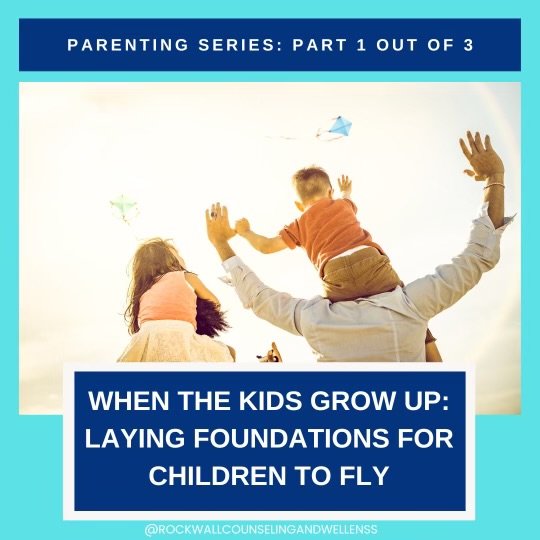Parents all know that the time is coming eventually. We are made aware of the limited time we have with our kids when we bring them home from the hospital. Eighteen years. Thirteen school breaks. A limited number of weekends. That precious time we have to help mold and guide our children into who they will become is so limited. We spend childhood and adolescence teaching them to make choices, building their character, cheering them onward. Whether our children leave home at eighteen to go off to college, start a career, or even stay at home for a while as adults, a shift occurs when our children become adults that must be acknowledged. And while experts say it shouldn’t be one distinct moment when our children go from completely dependent on us to completely independent, the transition can be difficult for everyone if there is not a foundation of trust, understanding, clear boundaries and expectations, and of course love. It doesn’t have to be a scary time of unknown for you or your child, if you take some crucial steps throughout your parenting.
Start early in explaining to your kids why their independence is important to you. One of the best ways for children to be prepared for independence is for them to be given independence early on in life. This can be done in developmentally appropriate ways as your children grow up. It may look like allowing your toddler to pick his or her own clothing or telling your elementary school child that she is responsible for packing her own backpack for school. When your child becomes a teenager, they can start making their own haircut or dentist appointments, filling out their paperwork for school, (minus your signature of course!) and making their own choices about extra-curricular activities and courses to take. If your child struggles with wanting to do these things independently or wanting your help in ways that are not healthy, help them understand that you want them to be able to make their own choices and manage their own needs eventually. Remind them they are competent and capable with your actions and your trust of them. It’s always better for our kids to make a mistake while we can help them understand and cope with the consequences of that mistake than for the first time they mess up to be outside of the safety of our care.
Help your children to know they can always trust you with their concerns and worries. One way to ensure that your children will continue to come to you for advice and counsel even as adults is to be trustworthy with them from a young age. If your kindergartener comes to you upset about a friend’s mean words, make sure to affirm how your child feels and talk with him or her about what happened. If your teen wants to talk about a budding romantic relationship and asks you to keep something in confidence, don’t break their trust by telling people outside of your family about what they said. Your child should know that your word can be trusted and that while you won’t keep a secret (say from their other parent or that could cause harm) you won’t break their trust. This will build a foundation for their future where as adults, they can come to you with bigger questions and worries, knowing that you will not break their trust and that your advice is given in wisdom and truth.
Give your child boundaries for your relationship with them and help them learn to form boundaries for themselves. One of the most crucial ways we can help prepare our children for independence is to teach them how to have healthy relationships with others and to protect their own mental well-being. A solid foundation for this is to teach your children about boundaries within relationships. You can read more about setting boundaries in our blog post on the topic.
Respect your children’s decisions when they make a wise choice, even if it’s not the choice you might have made for yourself. As their kids become teenagers and adults, parents can often struggle with understanding why their children choose different paths than they might themselves have taken. This can lead to questioning your child’s choices or even criticizing their decision making skills. While it may seem like it’s your place to comment on your older child’s choice in college, career path, or choice of partner, this commentary can be damaging if it’s not done in the right way. If your child is not unsafe, it’s important to be careful and purposeful in how you talk with them about their life choices. For example, if your teenager decides to take a year between high school and college to work and figure out exactly where they would like to go to school and what to study, you may feel like they shouldn’t do this, especially if it wasn’t your path. But if they have logical reasons, they’re not hurting anyone, and they have a clear plan, try to be hands-off. It may help your relationship in the long-run because you’ve trusted their judgment.
Overall, parenting older children can be tricky. It is a balance between offering guide rails while also allowing them to “fail safely.” We all want to continue to have strong relationships as our children age into adulthood, and maintaining trust and communication are vital to this.
In the upcoming weeks, we will be expanding on this idea, so be sure to come back to the blog to learn more about parenting adult children! In the meantime, if you want to learn more about building relationships with your kids, or need help with a difficult parenting or family situation, click the link below to connect with one of our Rockwall or Heath counselors that specialize in family or teen counseling.
Written by Emily Taylor, Contributing Writer

